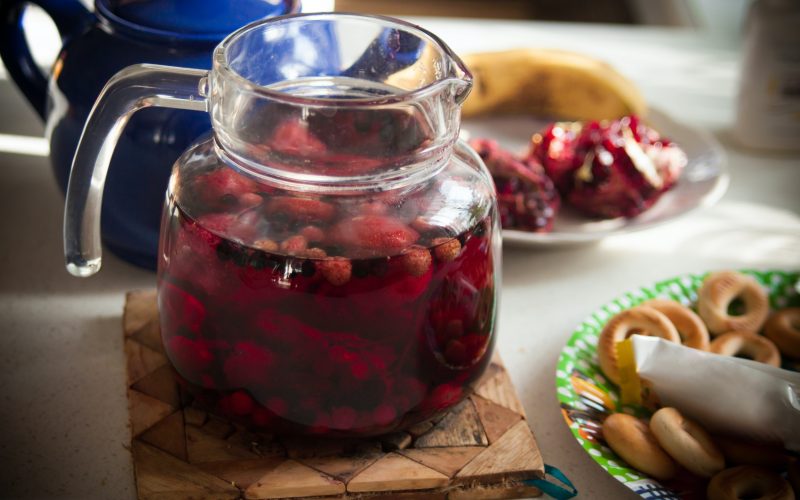The kidneys play a vital role in keeping our bodies healthy. They filter waste and excess fluids from our blood, regulate our blood pressure, and help keep our bones strong. But when our kidneys aren’t functioning properly, we can experience a range of health problems. Fortunately, there are steps we can take to support our kidney health, including making dietary changes.
If you or a loved one has been diagnosed with kidney disease or is at risk for kidney problems, following a kidney-friendly diet can help manage symptoms and slow the progression of the disease. Here’s everything you need to know about the ultimate kidney-friendly diet.
First, it’s important to limit certain nutrients that can put strain on the kidneys. This includes sodium, potassium, and phosphorus. Sodium can raise blood pressure and cause fluid buildup in the body, while potassium and phosphorus can build up in the blood and cause further kidney damage.
To reduce sodium intake, it’s important to avoid processed foods, which are often high in sodium. Instead, opt for fresh or frozen fruits and vegetables, lean proteins, and whole grains. When cooking, try seasoning with herbs and spices instead of salt. You can also rinse canned foods, such as beans or vegetables, to reduce their sodium content.
When it comes to potassium and phosphorus, it’s important to talk to your doctor or a registered dietitian to determine how much of these nutrients you should be consuming based on your individual needs. In general, though, limiting foods like bananas, potatoes, dairy products, and nuts can help reduce potassium and phosphorus intake.
Another important aspect of a kidney-friendly diet is maintaining a healthy weight. Being overweight can put extra strain on the kidneys, so it’s important to eat a balanced diet that’s appropriate for your activity level and caloric needs. This means focusing on nutrient-dense foods, such as fruits and vegetables, lean proteins, and whole grains, and limiting foods high in added sugars and unhealthy fats.
It’s also important to stay hydrated. Drinking plenty of water can help flush out toxins and prevent dehydration, which can further strain the kidneys. Aim for at least eight glasses of water per day, and talk to your doctor about any additional fluid restrictions you may need to follow based on your individual situation.
Finally, it’s important to remember that a kidney-friendly diet doesn’t have to be boring or restrictive. There are plenty of delicious, kidney-friendly foods and recipes to explore, from roasted vegetables to grilled fish to smoothies made with low-potassium fruits. By working with your doctor and a registered dietitian, you can create a customized eating plan that supports your kidney health and fits your lifestyle.
In conclusion, a kidney-friendly diet is an important part of managing kidney disease and promoting overall health. By limiting certain nutrients, maintaining a healthy weight, staying hydrated, and working with healthcare professionals to develop a customized eating plan, you can support your kidney health and improve your quality of life.












